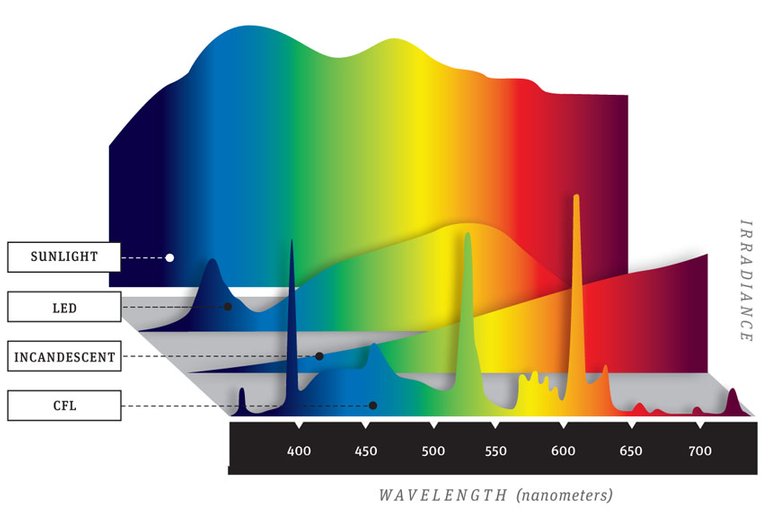The role of the circadian clock system in physiology (Pilorz et al., 2018)
Great review article, here's my takeaway & some quotes:
"Life on earth is shaped by the 24-h rotation of our planet around its axes."
This is why I think circadian biology is more important for our health than foods or diets or exercise. Over the past tens of thousands of years, humans have been able to live in a wide range of locations on a wide range of diets. The one thing that has always been true is circadian rhythms: it's present in practically every single living thing on Earth.
"In the real world, unconstrained by civilization's interventions, the 24-h rotation of the earth around its axis drives profound but predictable changes in the external environment."
How do we routinely screw that up, increasing our risk for a variety of ailments? Artificial light at night. iPhones, smart phones, iPads, computers, tablets, TV, LED lights, etc., etc.......... diabetes, cancer, heart disease, obesity
"...light is one of the most important elements to entrain or adjust the circadian system of insects, plants, and mammals."
Yes, but this is supposed to be sunlight in the morning!
Note the profound differences in light sources:
The ratio of blue-to-red is higher in the morning; check out the LED spectrum -- basically the opposite of what we should be seeing at night. All blue, no red at night is a major circadian disruptor. If you can't turn off the tech at night, at least use a blue light filter like F.lux and some blue blockers (links below).
The "food-entrainable oscillator" (FEO).
"In addition to light, the timing of food intake acts as a dominant Zeitgeber (German for time giver) to peripheral clocks."
This is why breakfast is important in the morning. Multiple lines of evidence support this. If you want to do intermittent fasting, pick a different meal to skip and don't have a huge dinner. Sunlight and food in the morning to co-entrain central and peripheral circadian clocks, respectively.
Some people skip breakfast and only have coffee in the morning. Caffeine entrains the liver but not other peripheral clocks, so that just adds another layer of circadian arrhythmia.
"In mammals, the presence of an internal circadian clock is a common feature of all tissues that allows them to be interconnected and together produce coherent circadian rhythms of numerous biological functions."
"To date, there is an intense debate among chronobiologists about the functional relationship between the central pacemaker (in the SCN) and peripheral clocks in the regulation of physiological rhythms."
I don't know what, precisely, entrains the FEO. At one point, I thought it might be insulin, but the FEO is just fine in diabetics. I still doubt it's dietary fat, but am currently leaning toward "calories."
"Millions of people in particular from industrial countries exhibit a dramatic rise in metabolic disorders. The modern technology has disturbed the natural structure by introducing rotating shift work and working at night."
ugh
Check out my Patreon campaign!
UPDATED Affiliate links: still looking for a pair of hot blue blockers? Carbonshade and TrueDark are offering 15% off with the coupon code LAGAKOS and Spectra479 is offering 15% off HERE.
If you have no idea what I’m talking about, read this then this.
20% off some delish stocks and broths from Kettle and Fire HERE.
If you want the benefits of ‘shrooms but don’t like eating them, Real Mushrooms makes great extracts. 10% off with coupon code LAGAKOS. I recommend Lion’s Mane for the brain and Reishi for everything else.

Great post!
Love how you talked about blocking blue light.
Hormones also have circadian rhythms, which is very important.
Looking at the sky during daytime hours is something most of us never do anymore.
Thanks! Sunlight & breakfast in the morning, darkness or at least blue blockers at night.
BOOM!
Molecular components of the mammalian circadian clock (Ko and Takahashi, 2006)
Molecular analysis of mammalian circadian rhythms (Reppert and Weaver, 2001)